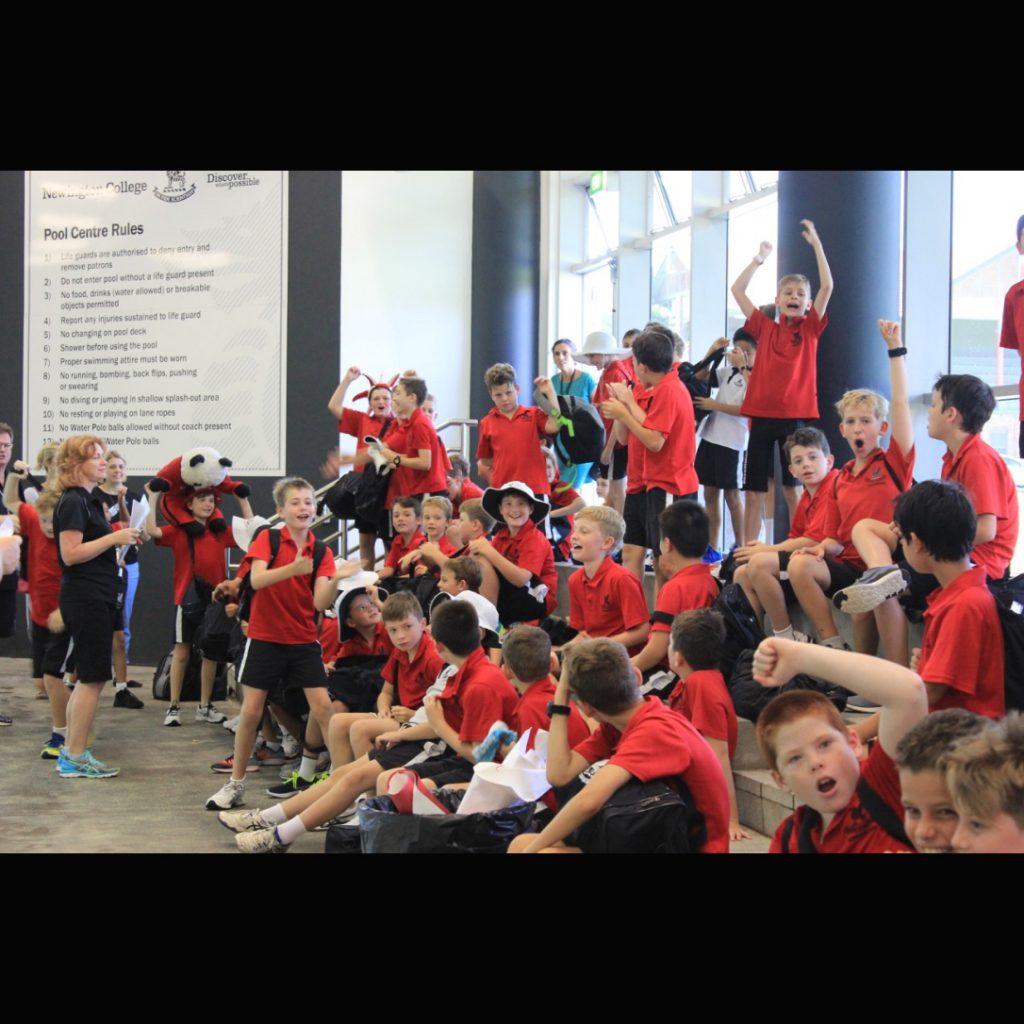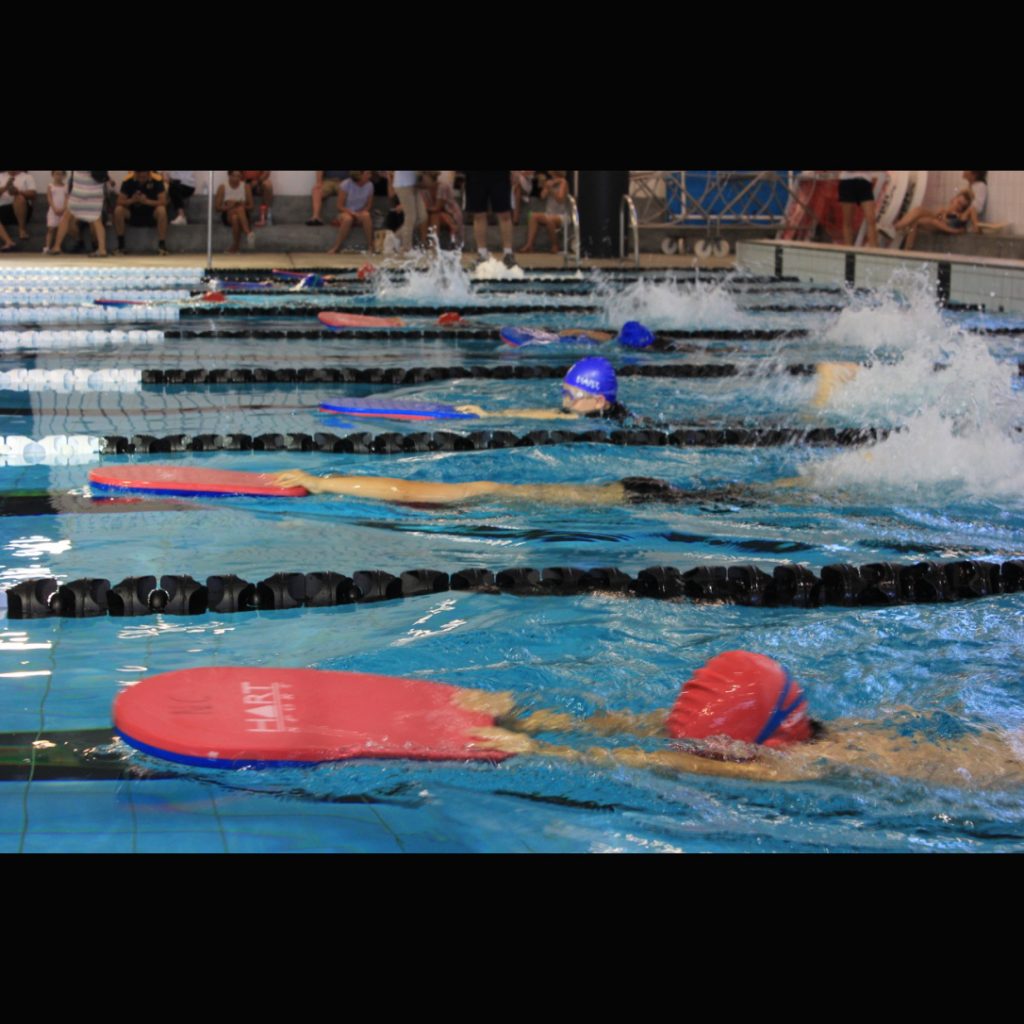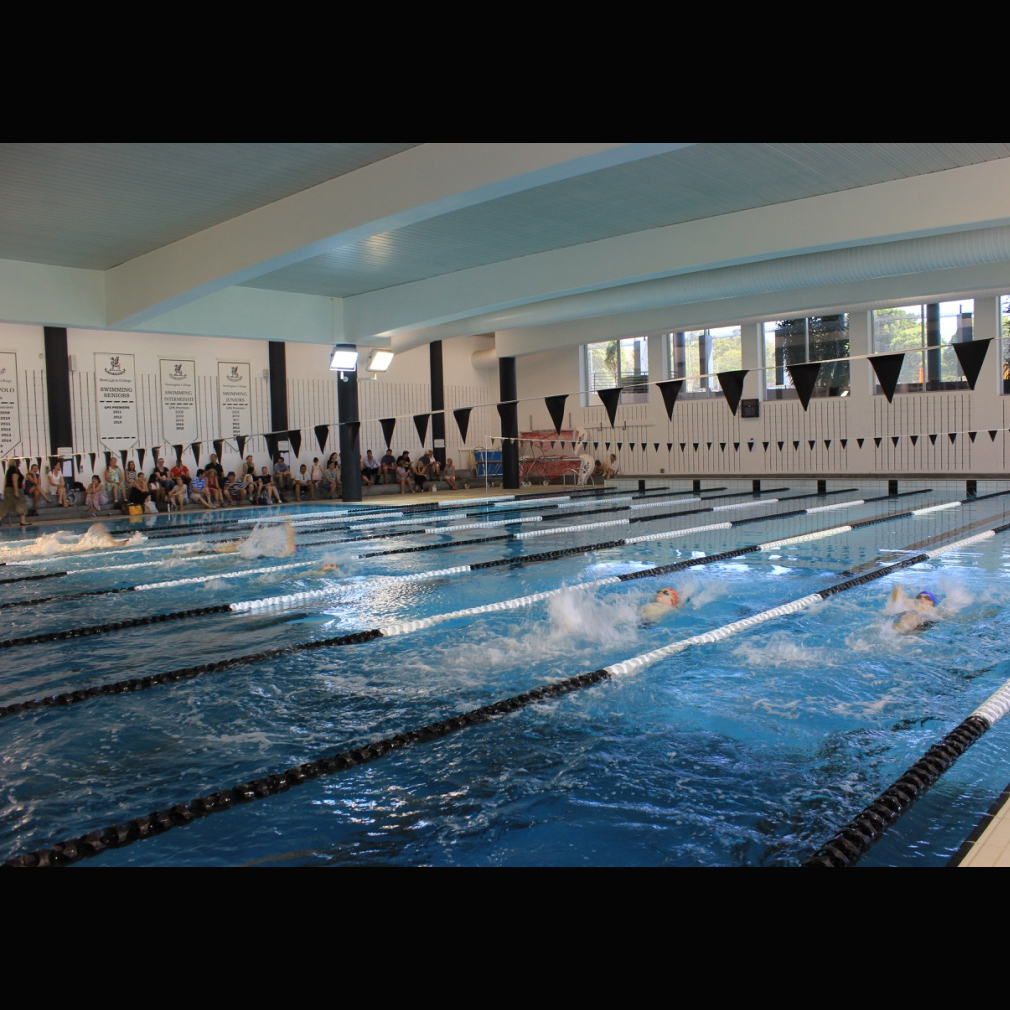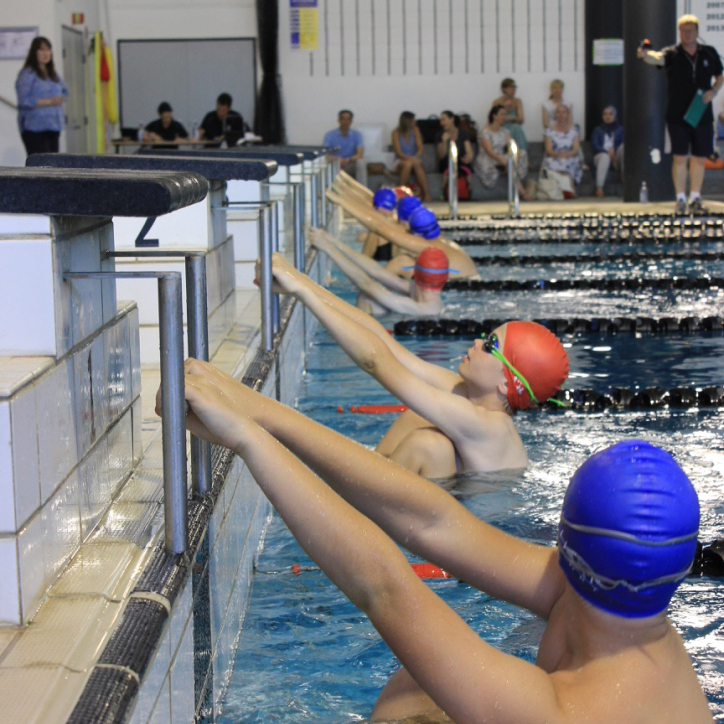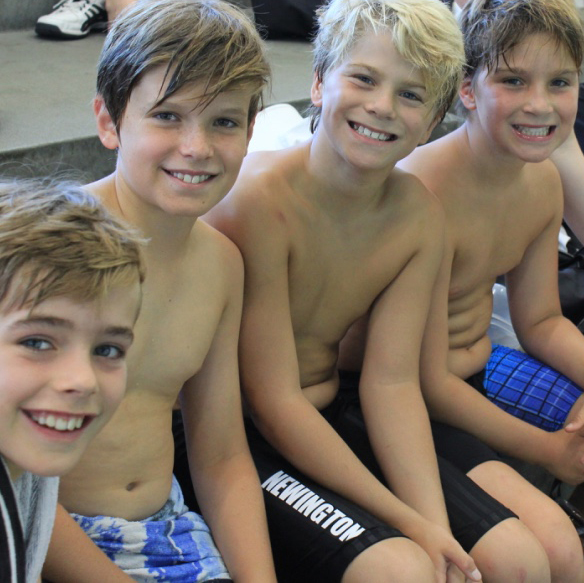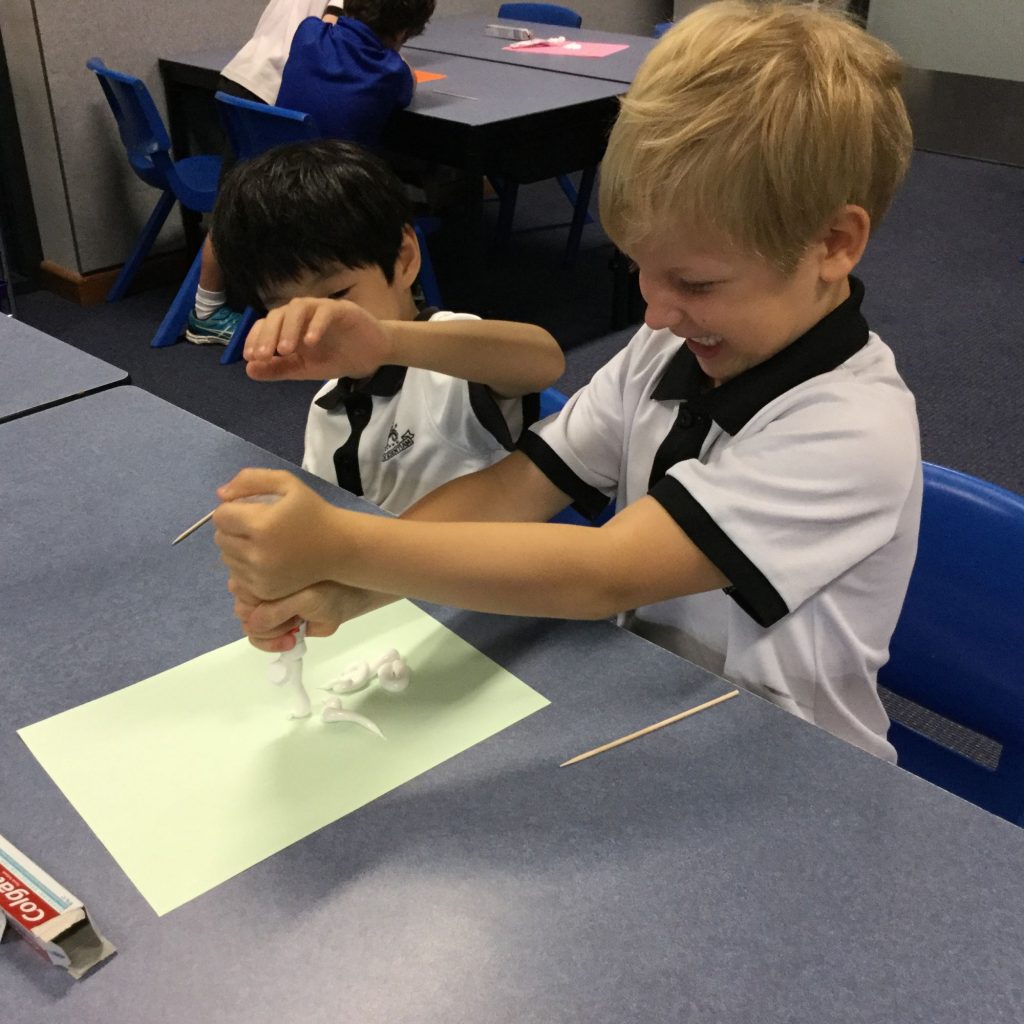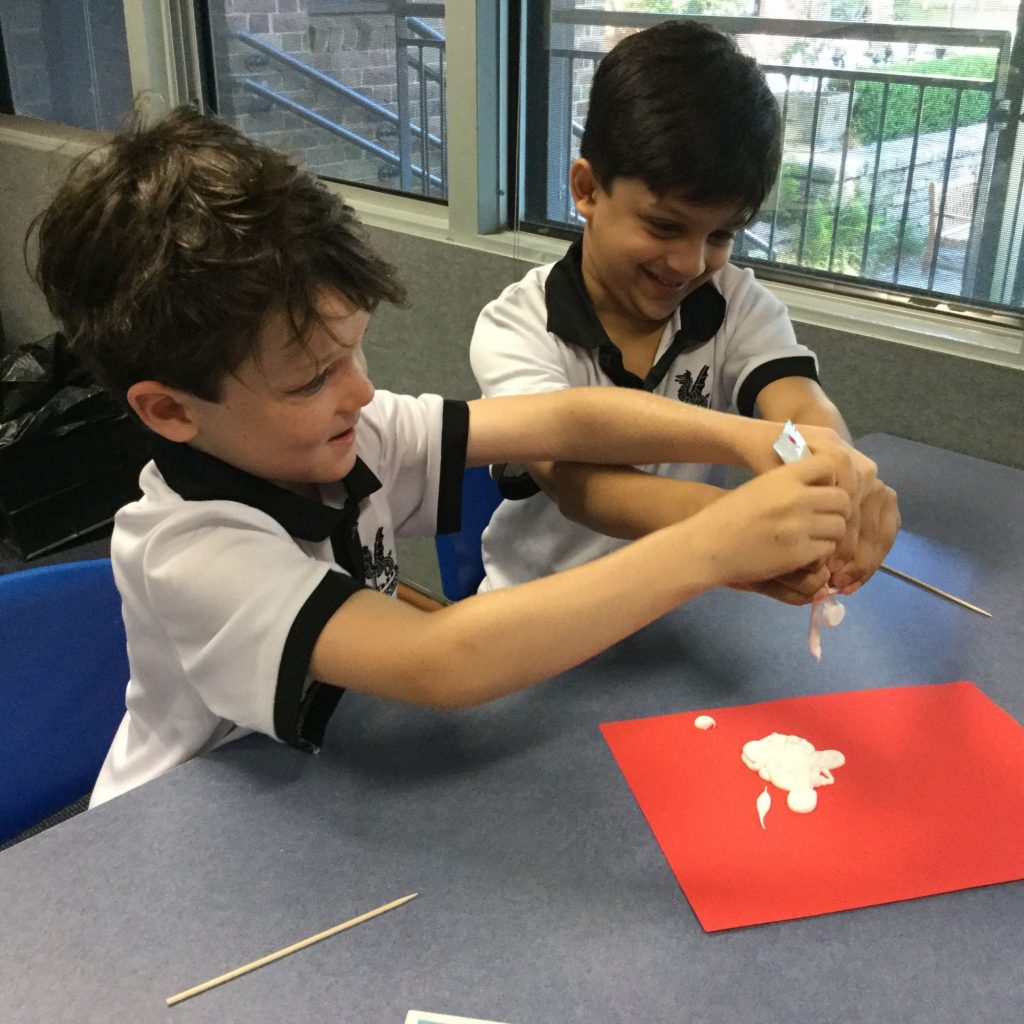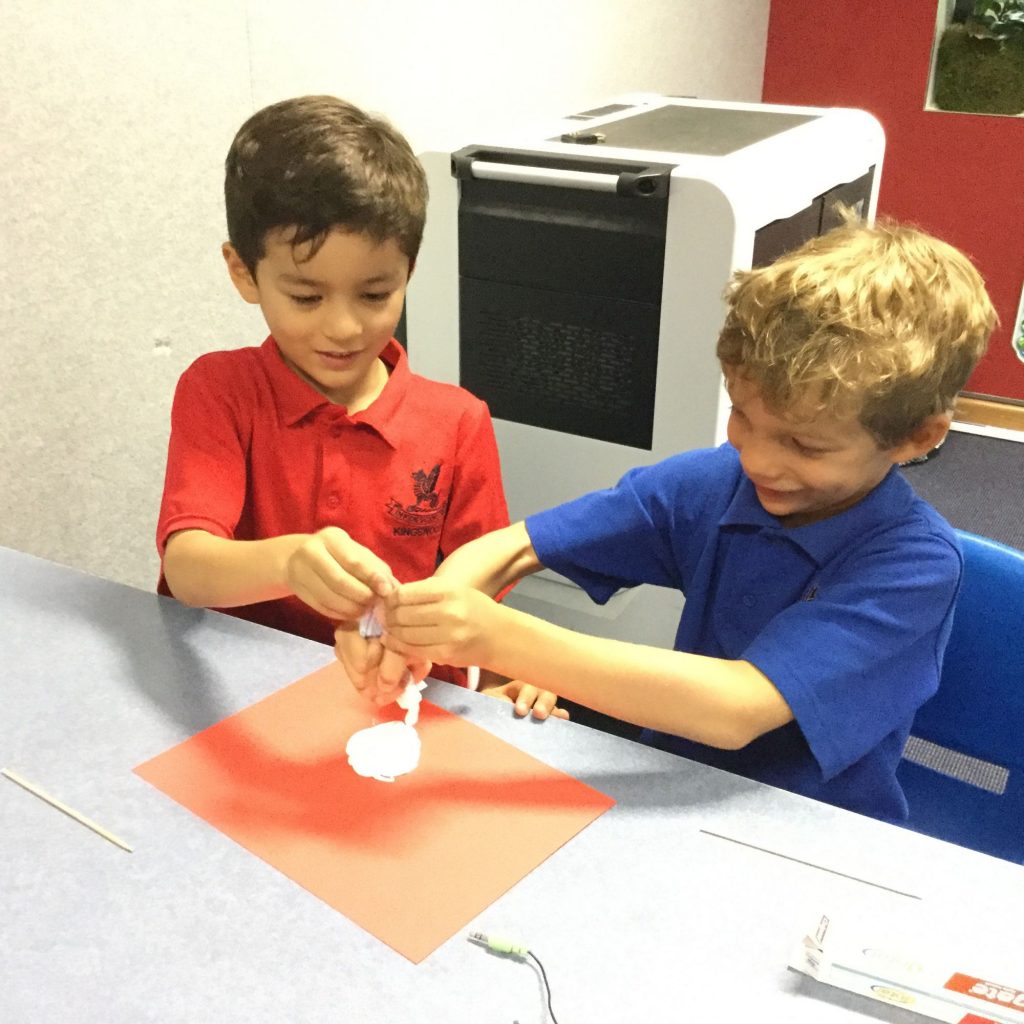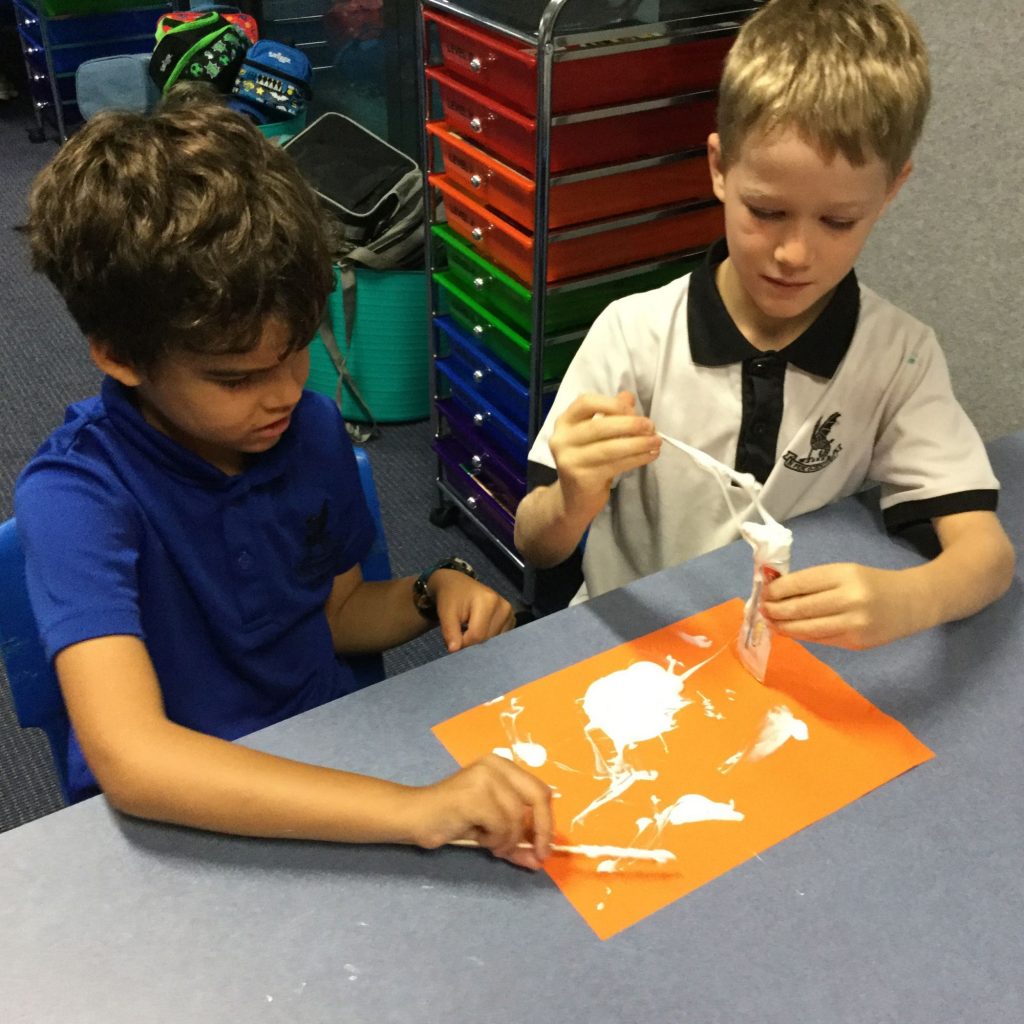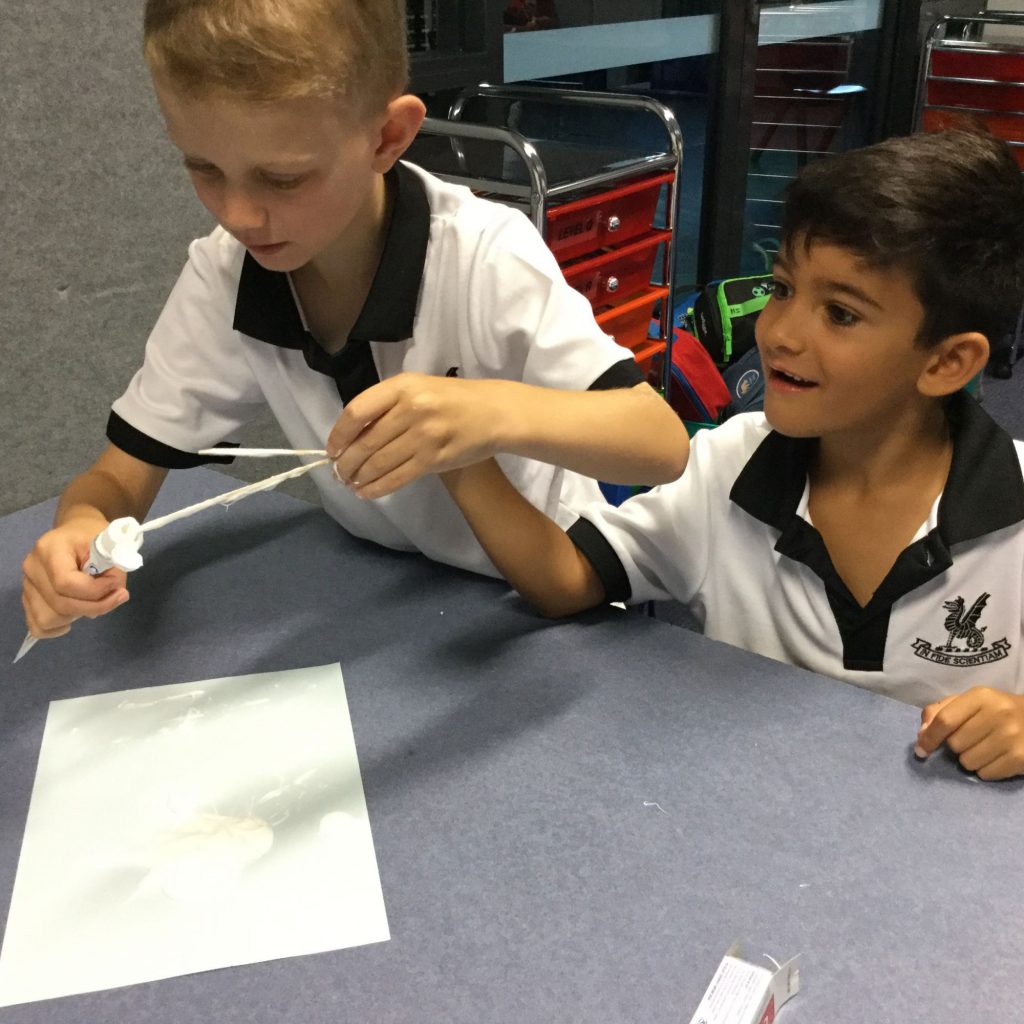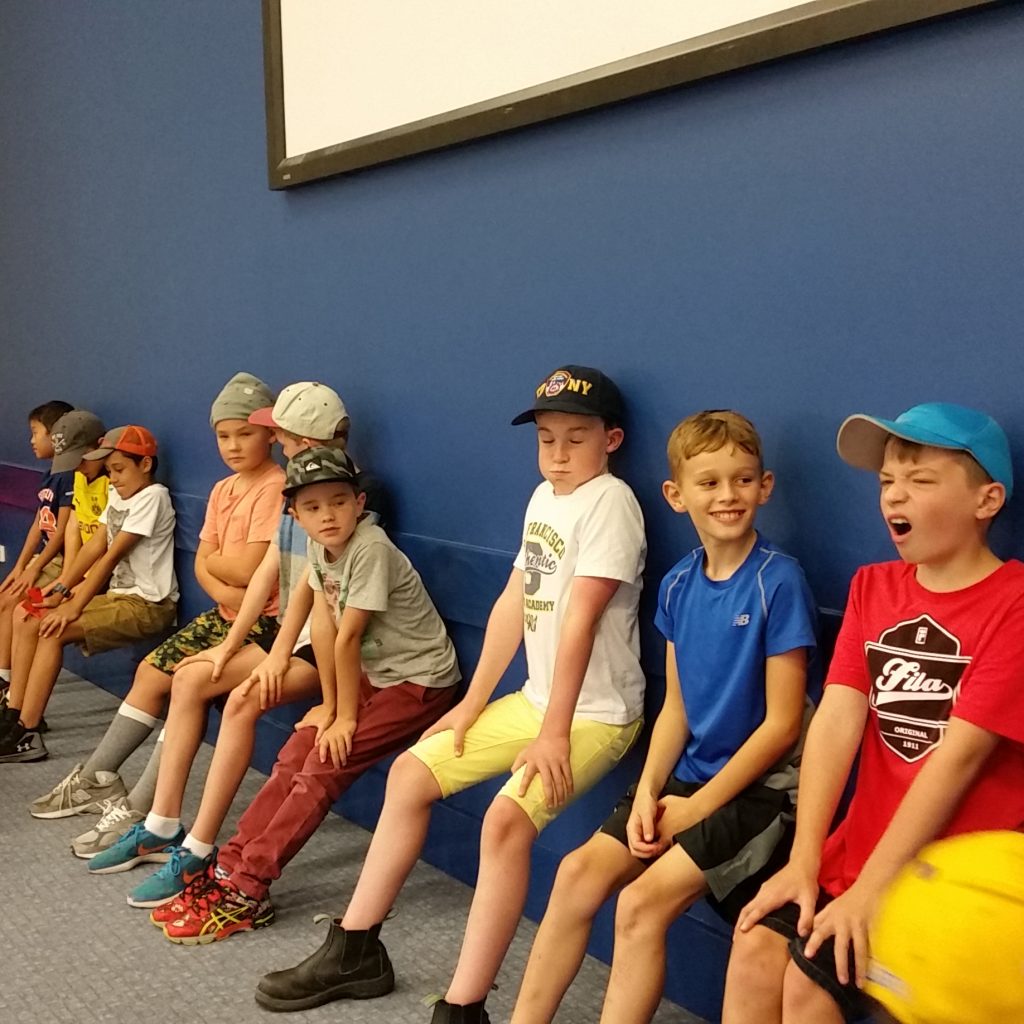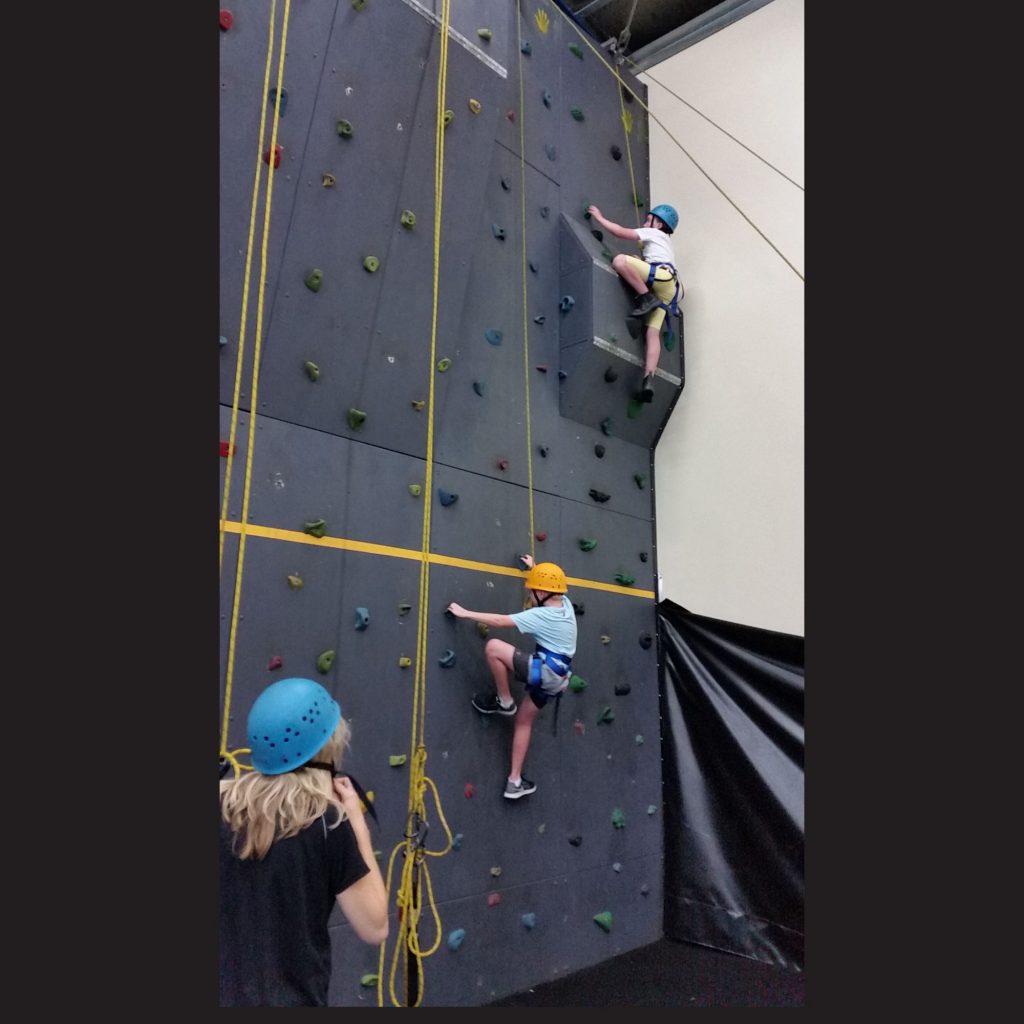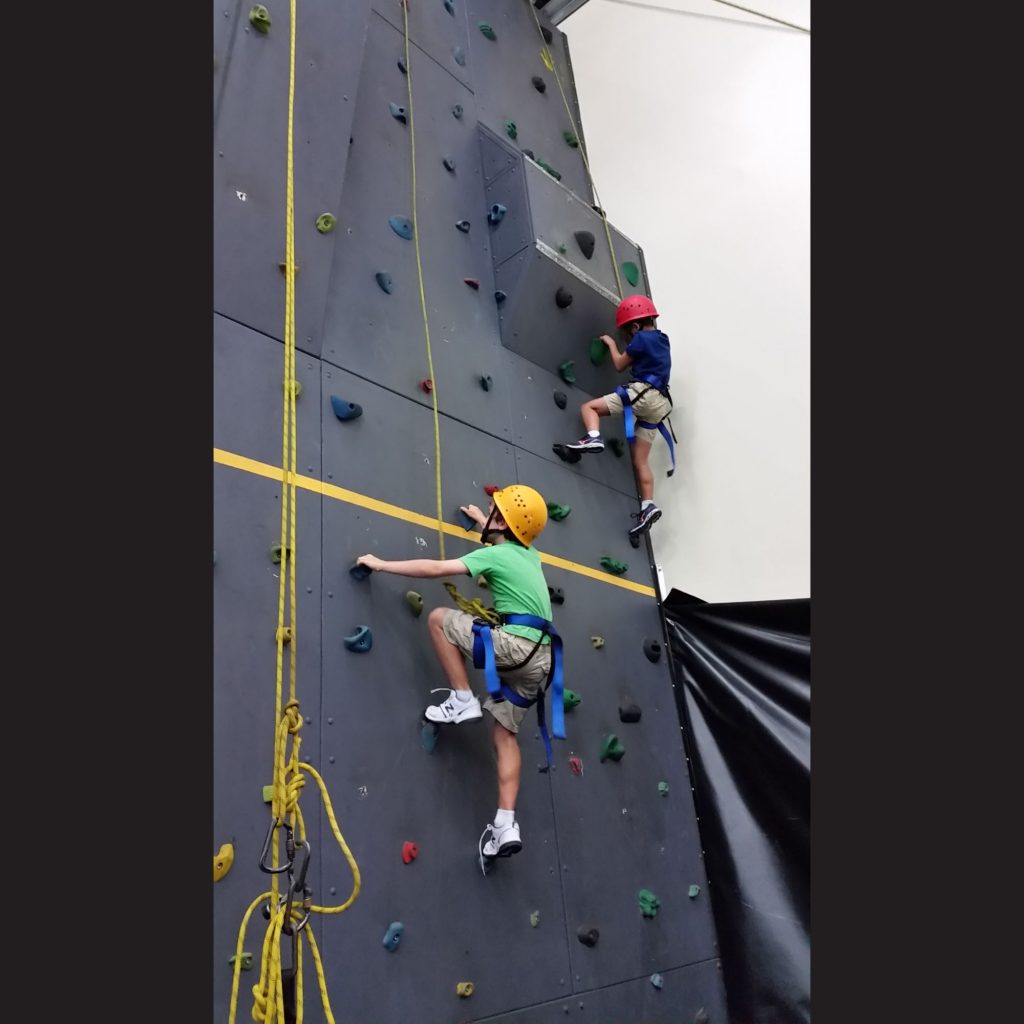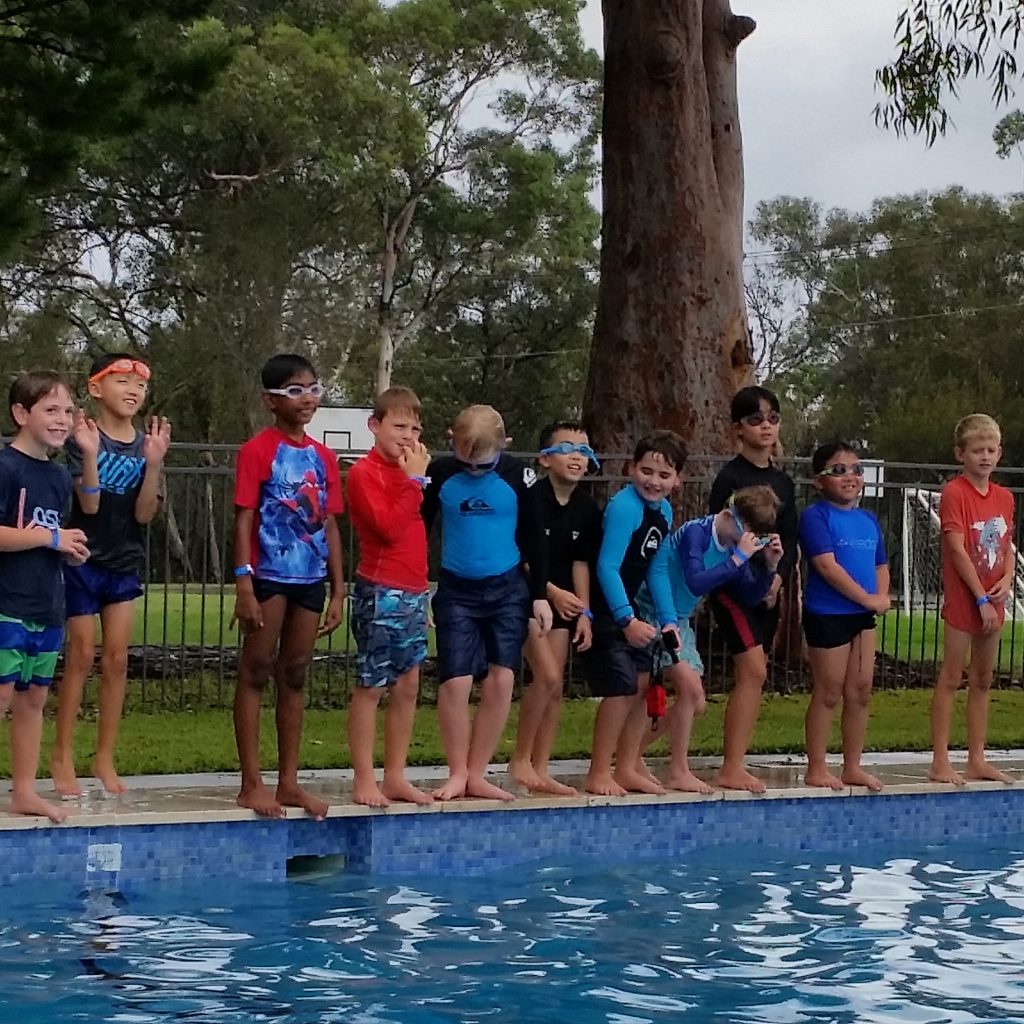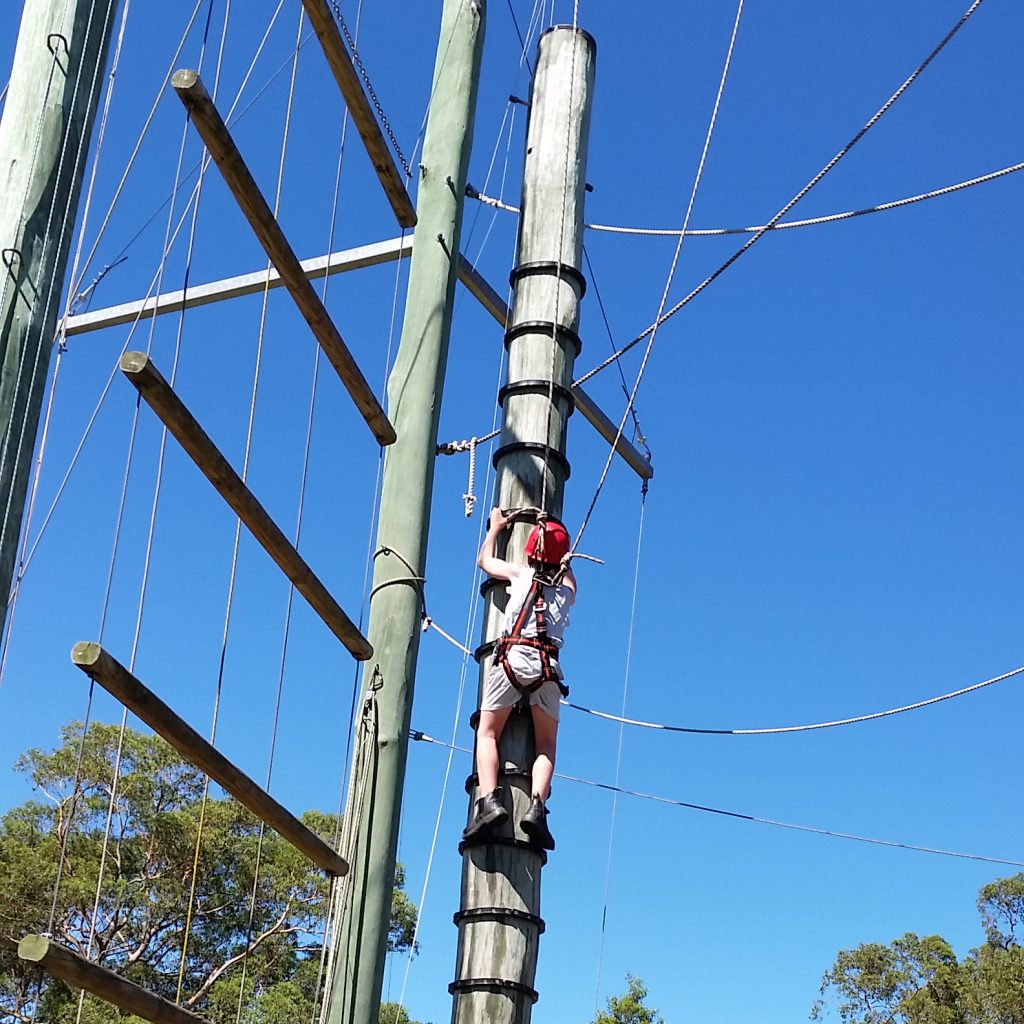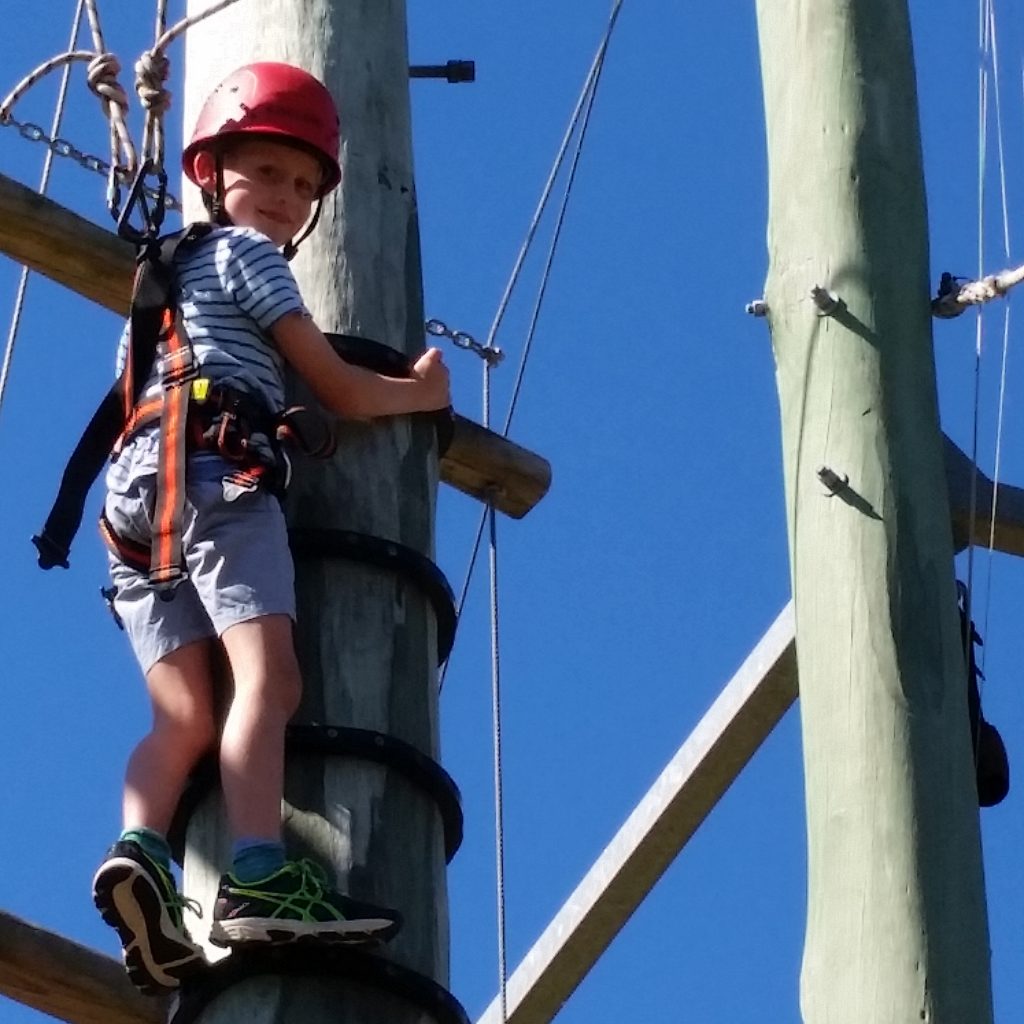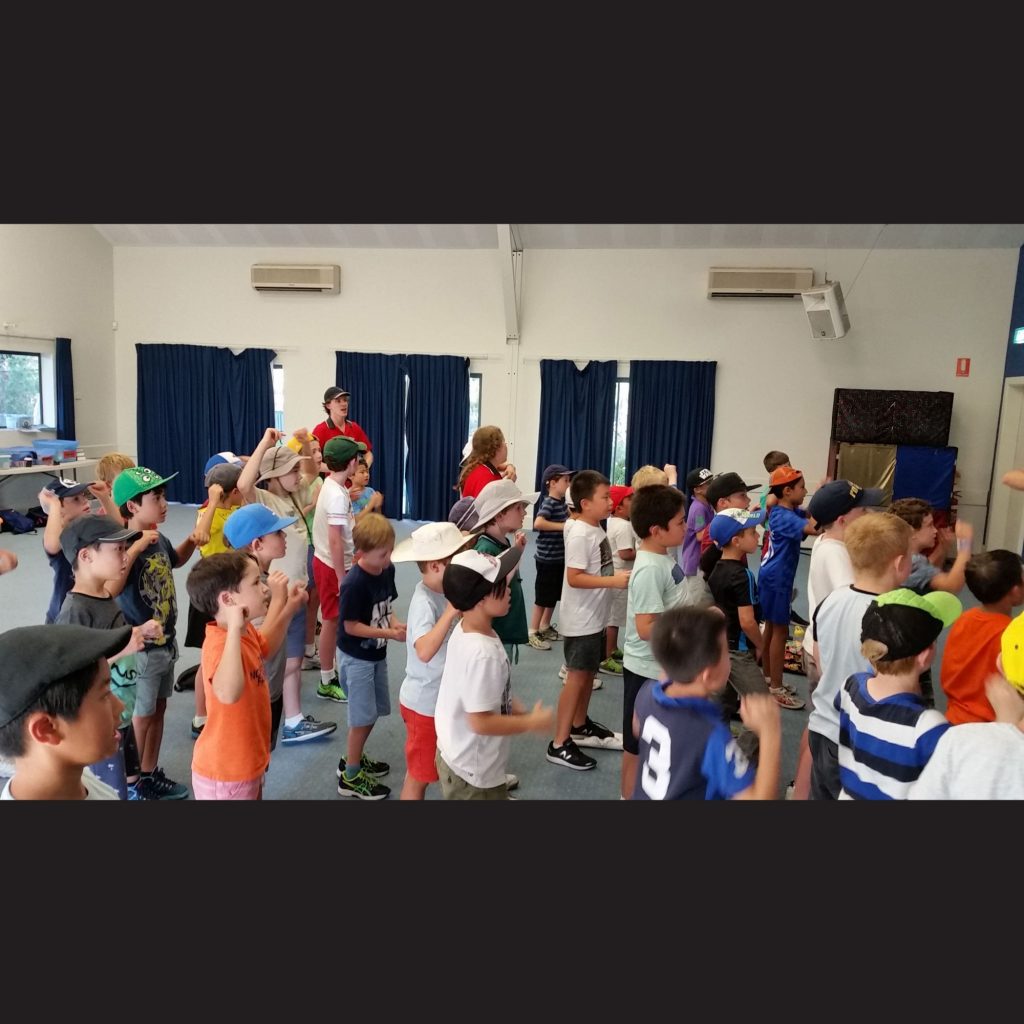PYP
What is the PYP and why is inquiry used for learning?
Regardless of location or size an IBO (International Baccalaureate Organisation) PYP (Primary Years Programme) school strives to develop an internationally minded person.
The mission of the IBO is:
- To develop inquiring, knowledgeable, and caring young people
- To create a better and more peaceful world through intercultural understanding and respect
- To work with schools, governments, and international organizations to develop challenging programs of international education and rigorous assessment
- To encourage students worldwide to become active, compassionate, and lifelong learners who understand that other people, with their differences, can also be right.
This means that students are taught WHY they should know something and HOW it connects to other subjects and the real world. It means high quality teaching and learning—challenging instruction and worldwide knowledge.
With the IB PYP at Newington Lindfield (NCL), we are committed to a guided inquiry approach to learning where students make choices within their learning. These choices lead to deeper understanding through guidance by the teachers. Through an inquiry process, students develop an understanding of important concepts, acquire essential skills and knowledge, develop particular attitudes and learn to take socially responsible action.
At NCL teachers developed a structure to assist students and teachers working through guided inquiry. The elements of this process are:
Spark (What are you going to solve?)
Discover (Empathise, ask questions, find out)
Imagine (Generate and consider many options)
Explore (Explore different ideas and make mistakes)
Solve (Create a solution. Discuss and evaluate)
What is ‘inquiry’?
“Inquiry is the dynamic process of being open to wonder and puzzlements and coming to know and understand the world.” (Galileo Educational Network, 2004)
The Primary Years Programme is committed to structured, purposeful inquiry that engages students actively in their learning (Making the PYP Happen). Inquiry is a process where students are involved in their learning, they formulate questions, investigate big ideas and build understanding, meaning and knowledge around the learning. New knowledge may be an answer to a question, the development of a solution or support for a position or point of view. At some time this new knowledge is presented to others in a variety of ways and may result in some form of action.
Our students in all grades have the opportunity to own their learning. Our teachers do not “cover” a subject or “give” a lesson. At NCL, our students are encouraged to ask questions, learn how to find the answers to those questions, and apply it to their lives and the world around them. With the IB PYP students see how things are connected, rather than simply being fragmented into school subjects.
Sue Gough – PYPC




